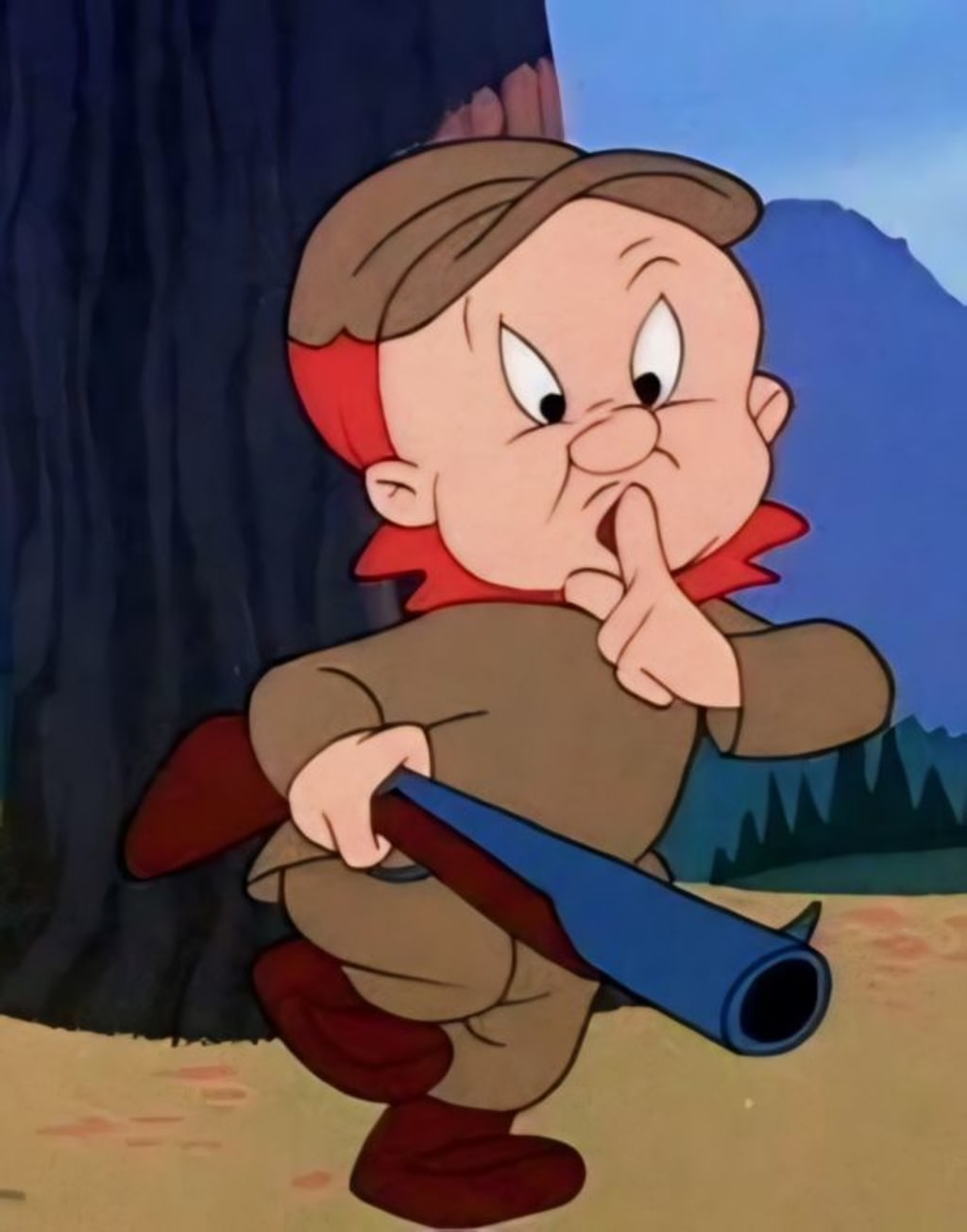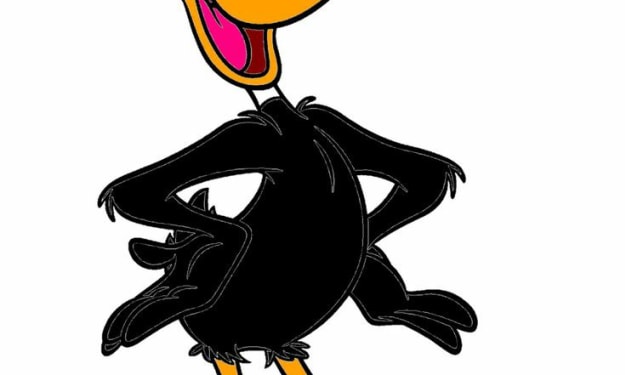Elmer J. Fudd: An Animated Adventure
Elmer J. Fudd: Beyond the Hunt

Elmer J. Fudd, a name synonymous with hunting wabbits and perpetual frustration, stands tall as one of the most beloved characters in the rich tapestry of Looney Tunes. Created by animation director Tex Avery and brought to life by the talented voice actor Arthur Q. Bryan, Elmer made his auspicious debut in the 1940 cartoon "Elmer's Candid Camera." Little did anyone know at the time that this bumbling hunter with a speech impediment would go on to become an enduring icon of animation history.
Character Background
Elmer's character is quintessentially that of a hapless hunter, forever in pursuit of his elusive prey, most notably Bugs Bunny. Armed with his trusty rifle and an unyielding determination, Elmer sets off on his hunts with the hope of finally catching his wily target. However, much to his chagrin, his plans are invariably thwarted by the clever antics of Bugs, leading to a series of comedic misadventures that have endeared him to audiences for generations.
Evolution of the Character
Throughout the years, Elmer's character has undergone various transformations, reflecting the changing sensibilities of audiences and the creative vision of the animators behind him. In his earliest appearances, Elmer was portrayed as a more serious and formidable adversary for Bugs Bunny, with his hunts taking on a more suspenseful tone. However, as time went on, animators began to imbue Elmer with a more comedic and exaggerated persona, emphasizing his ineptitude and comedic foibles.
Voice and Speech Pattern
One of the defining characteristics of Elmer's character is his distinctive voice and speech pattern. Voiced by the talented Arthur Q. Bryan, Elmer speaks with a pronounced speech impediment, often substituting the letter "r" with "w," giving rise to iconic catchphrases such as "Be vewy, vewy quiet, I'm hunting wabbits!" This unique vocal delivery adds to Elmer's charm and comedic appeal, making him instantly recognizable to fans of the series.
Popularity and Legacy
Elmer's popularity extends far beyond the realm of animation, with the character becoming a cultural icon in his own right. From comic books to merchandise to theme park attractions, Elmer's image and likeness can be found in countless forms of media, captivating audiences of all ages with his endearing charm and comedic antics. His legacy as one of the cornerstones of the Looney Tunes franchise is a testament to the enduring appeal of his character.
Controversy and Cultural Impact
Like many classic cartoon characters, Elmer has not been without his share of controversy. In recent years, his portrayal as a hunter has sparked debates about gun violence and animal rights, with some critics arguing that his character perpetuates harmful stereotypes. However, supporters of the character maintain that Elmer's hunts are purely comedic in nature and should be viewed as such, separate from real-world issues.
Character Traits and Personality
At his core, Elmer is portrayed as a stubborn and single-minded individual, driven by his unrelenting desire to catch his elusive prey. Despite his frequent failures, he remains undeterred in his pursuit, demonstrating a resilience and determination that is both admirable and endearing. However, beneath his tough exterior lies a softer side, with Elmer occasionally displaying vulnerability and naivety in his interactions with other characters.
Relationship with Other Characters
Elmer's primary foil is undoubtedly Bugs Bunny, with the two engaging in a classic game of cat and mouse throughout the series. Their dynamic, characterized by Bugs' quick wit and Elmer's persistent pursuit, has become legendary in the world of animation, spawning countless memorable moments and catchphrases. In addition to Bugs, Elmer also interacts with a host of other characters, including Daffy Duck, Yosemite Sam, and Porky Pig, each adding their own unique dynamic to his adventures.
Cinematic and Television Appearances
In addition to his appearances in animated shorts, Elmer has also graced the silver screen in several Looney Tunes feature films. These adaptations have further cemented his status as a cultural icon and introduced him to new generations of fans. Whether he's hunting wabbits on the big screen or causing chaos on the small screen, Elmer's antics never fail to entertain audiences of all ages.
Cultural References and Parodies
Elmer's enduring popularity has led to countless references and parodies in popular culture, with his iconic catchphrases and mannerisms being mimicked and reimagined in various media. From television shows to movies to commercials, Elmer's influence can be felt far and wide, solidifying his status as a timeless and beloved character.
In conclusion, Elmer J. Fudd stands as a towering figure in the pantheon of animated characters, beloved by audiences around the world for his endearing charm, comedic timing, and timeless appeal. From his humble beginnings as a bumbling hunter in pursuit of wabbits to his status as a cultural icon, Elmer's journey is a testament to the enduring power of animation to captivate and inspire audiences of all ages. Whether you're a longtime fan or discovering him for the first time, Elmer J. Fudd is sure to leave a lasting impression that will endure for generations to come.






Comments
There are no comments for this story
Be the first to respond and start the conversation.